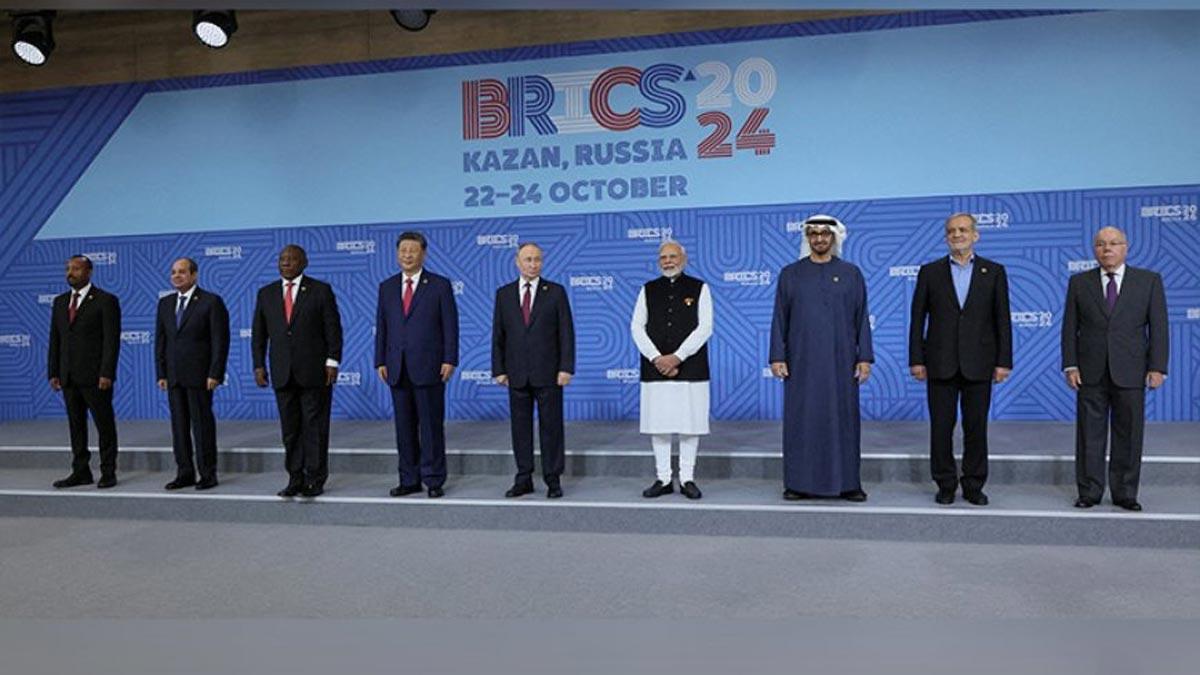The Senate voted decisively for a huge aid package worth USD 95.3 billion in support of Ukraine and Israel and U.S. defense guarantees for both U.S. interests and its allies in the Indo-Pacific, including Taiwan.
It is a bipartisan vote––79-18––and shows that there is a bipartisan agreement and determination in taking on the world's toughest challenges.
The bill, passed by the House of Representatives, is on its way to the last leg: getting it onto President Joe Biden's desk.
"I intend to sign the legislation into law as soon as it arrives at my desk," said President Biden in a statement. "I have a great deal of concern about ensuring the delivery of those weapons and supplies to Ukraine in the very near future, within this week." He emphasized the need for aid not only for Ukraine but also for Israel in the wake of recent Iranian attacks and humanitarian crises around the world.
The bill consists of four important elements: a USD 60.8 billion aid package for Ukraine, a USD 26.4 billion support for Israel and humanitarian aid, an USD 8.1 billion package for Taiwan and other allies in the Indo-Pacific, and a supplemental bill covering a broad spectrum of issues from technology issues to the administration of frozen Russian assets.
Specific allocations for Ukraine are USD 23.2 billion for the replenishment of the supply of U.S. weapons and equipment sent to Ukraine, and USD 13.8 billion for direct support to the Ukrainian military. The bill authorizes the transfer to Ukraine of long-range tactical missiles, except for the president's determination of adverse impacts on U.S. security interests.
For Israel, USD 5.4 billion is provided to replenish weaponry and equipment, including USD 5.2 billion for defense systems like Iron Dome, David's Sling, and Iron Beam, and USD 2.4 billion for operations in the Middle East under U.S. Central Command.
Humanitarian aid is another important component of this bill. USD 9.2 billion is provided across various conflict areas and regions such as Gaza, Haiti, Sudan, Ethiopia, and Congo. The US government controls these funds tightly not to reach the hands of Hamas, and the relief's management is also subject to tight guidelines.
In the Indo-Pacific region, USD 3.3 billion is provided to develop submarine infrastructure, USD 2 billion is provided to be given to regional allies to buy US weapons, and additional provisions to replace loss of defense stock and provide funds for operational costs.
The bill also continues to focus on maintaining technology and data security. The legislation has sought divestment of certain holdings, barring data brokers, and has authorized the seizure of some of the frozen Russian assets to provide economic support to Ukraine.
The bipartisan support for this legislation underlines that such an initiative is something from a past Senate bill in February, along with modifications to make up to changing needs and concerns. Notably, support for this bill has increased, and even Republicans who dissented before have come aboard, evidencing broad support for the bolstering of U.S. and allied security interests.
The bottom line is that the passed aid package is all about an effort in concert by both the Democrats and Republicans to meet global security challenges and in so doing show the commitment of the United States to promote its allies, restrain aggression, and address humanitarian crises.
Read also | Ukraine to get largest-ever military aid package from UK: Says Zelensky
Read also | UNSC Sanctions Committees' 'Holds and Blocks' as 'Disguised Vetoes': India


















